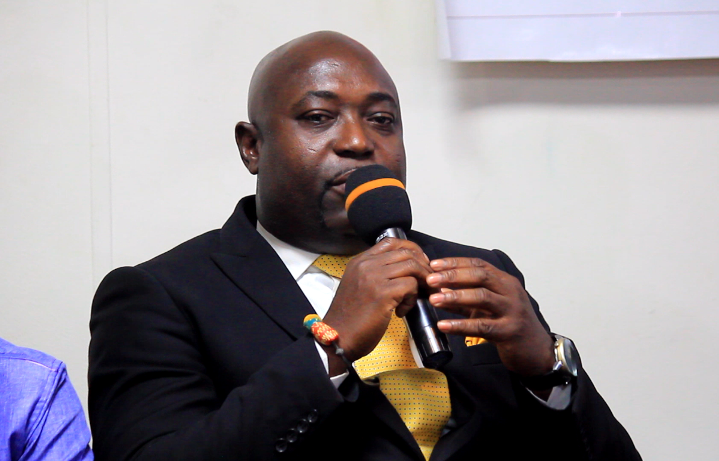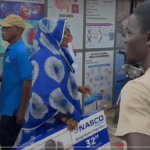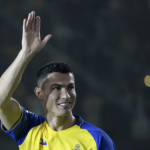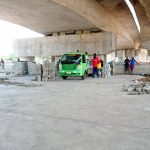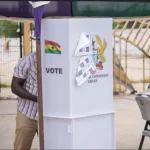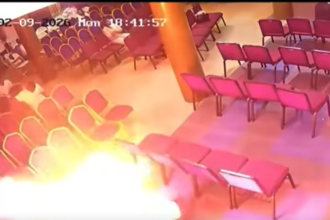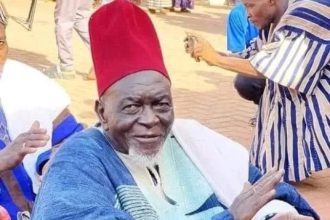The Executive Director of Africa Center for International Law and Accountability (ACILA) has condemned management of Achimota School for rejecting students with dreadlocks.
Mr William Nyarko said the school should have anticipated some students may not fall within the general rule bracket and accommodate exceptions.
“There must be an understanding that rules are made for the generality of the people and there may be instances where there will be exceptions to those rules.
“Achimota failed to make those exceptions, and in effect, Achimota is responsible for this mistake. Although we live in a pluralist society, it does not mean the school should neglect the needs of the minority,” he said in an interview with theghanareport.com.
He gave an instance where exceptions can be made based on medical grounds and religious grounds.
Mr Nyarko recounted his time as a student of Adisadel College, where students had certain privileges, based on their religion.
“You know Adisadel College was an Anglican College but the school will not force Muslims to the Chapel. The school rule has a time that every student is supposed to go to dining but exemptions are made when the Muslims were fasting,” he said.
Mr Nyarko believes this is a test case for many second cycles institutions, and poor decision will adversely affect schools going forward.
In order to avert setting a bad precedent, the Executive Director of ACILA suggested a complete overhaul of the existing rules.
“Achimota School must review its policy, looking at standard rules. They must anticipate exceptions and make provision for the said exception.
“As part of the process, you take the demographic data, religious data of each student and make revisions based on the said rules,” he added.
What option is available to the affected parties?
Although Achimota appears to have taken a stance on the matter, Mr Nyarko believes there should be more engagement as the school rule alone is not enough ground for refusal.
However, if this fails, the affected parties can look for alternative schools in the meantime as a court action is expedited.
Whether or not Rastafarianism is a religion?
According to the Executive Director, Ghana is a circular state, meaning no religion holds. The state, he said accommodates all religions in Ghana.
“The Rastafarians may be few but they are paying taxes to support the free Senior High School programme. If you do not take them who should take them?”
“Where should they go, they are one with us and are part of us. It doesn’t matter if they are brilliant or not, these students have to be admitted,” he said.
The genesis of the problem
A parent of one of the affected students, Ras Aswad Nkrabea, took to social media to express his frustration over the development.
“The school authorities denied two brilliant dreadlocked students from being admitted, after having been posted there by the Computer School Placement System.
“My son was one of the affected children and the other student was also refused on the same grounds,” the disappointed father narrated in a Facebook post.
This generated public uproar with a section of Ghanaians calling out the school for discriminating against the students.
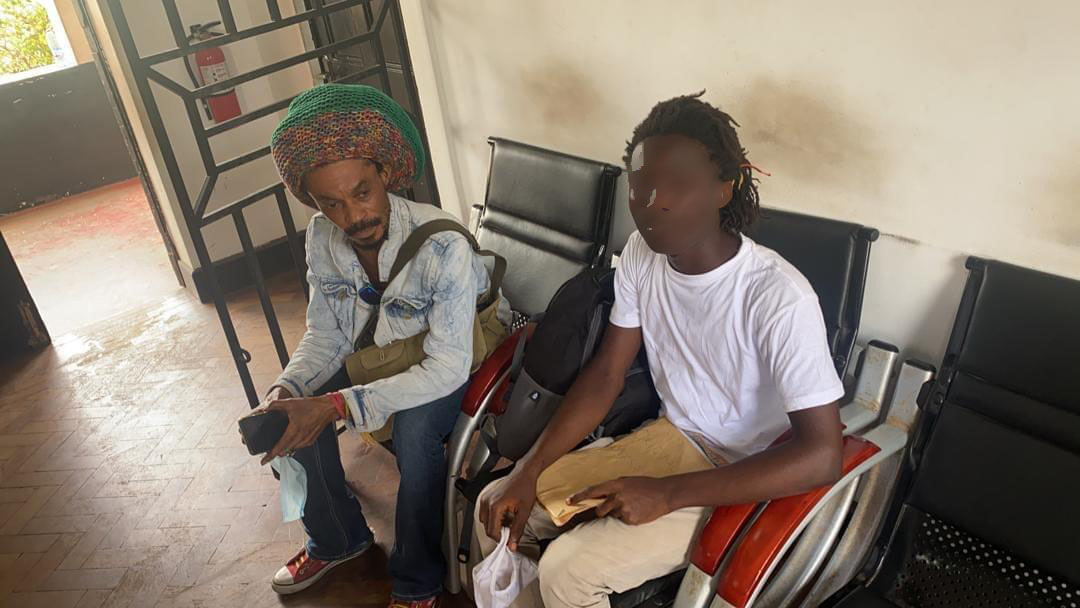
Breach of Right to Education
The development sparked public outrage on social media with a section of the public condemning the actions of the authorities at Achimota School.
The Executive Director of the Africa Education Watch, Kofi Asare, vehemently condemned the decision of the school to deny the Rastafarian students admission.
Article 25 of the 1992 Constitution of Ghana establishes the right of the Ghanaian citizenry to have access to equal educational opportunities and facilities.
Mr. Asare pointed out that the authorities at Achimota School have breached this provision of the constitution.
“The issue of education being a right is explicit in Article 25 of the 1992 Constitution… Section 3 and 8 of Act 560, explicitly states that no person shall discriminate against a child on grounds of Religion and Custom.
“And in section A, the same Act provides that no person shall deprive the child access to education. On the basis of Article 25 of our constitution and its attendant regulations in the Children’s Act, no agency in this country has the right to deprive a child of the right to education.
“They’re wrong. I’m not the one saying they’re wrong. The Act of Parliament, Act 560, Section A is saying they’re wrong because they have discriminated against the child and denied the child his right to education,” Mr. Asare said in an earlier interview.
It is almost an annual ordeal for Rastafarian families to be denied admission into second cycle institutions due to their dreadlocks.
Kofi Asare charged the Rastafarian Council of Ghana to go to court to put an end to their frustrations.
Previous incident
The practice of school authorities turning away Ghanaian students with dreadlocks is an old one.
In September 2017, a teenager was denied admission into Accra Girls Senior High School because she had dreadlocks.
According to the father, his daughter is a Rastafarian and it was against their religion to cut off the locks.
The distraught father said efforts to explain issues to school authorities proved futile.
He was convinced the school’s decision to deny his daughter admission is borne out of ignorance.


